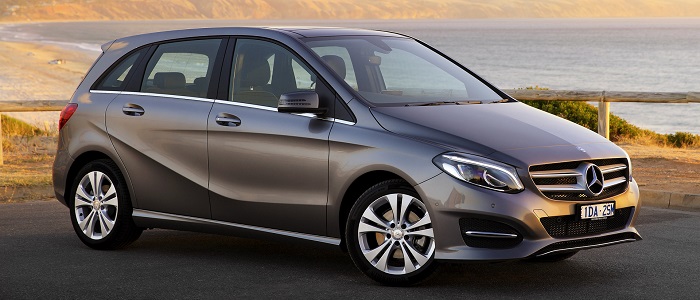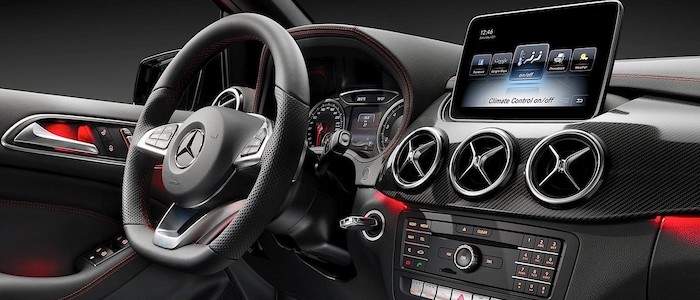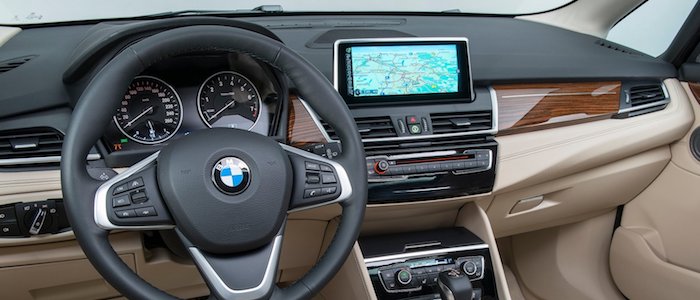Compare two cars
Compare any two cars and get our Virtual Adviser™ opinion
Marketing
Dimensons & Outlines
Engine
Performance (manual gearbox)
Performance (automatic gearbox)
Expenses
Virtual Adviser's™ opinion
Two significantly similar cars, no doubt about that. Still, each one has something different to offer. Having both cars powered by diesel engines and utilizing the 5-door MPV body style within the same 'MPV' segment, the only major difference here really is their wheel drive configuration (4 x 4 for the Mercedes Benz and front in the case of the BMW). The first one has a Mercedes Benz-engineered powertrain under the hood, a 4-cylinder, 16-valves 136hp unit, while the other one gets its power and torque from a 4-cylinder, 16-valves 150hp engine designed by BMW.
SafetyThe first thing to look into here would be the results from European New Car Assessment Programme (Euro NCAP) tests performed on the two cars. Good thing is that both vehicles got tested, with the same number of safety stars gained in the process. That aside, let's consider some other aspects which affect safety. Both vehicles belong to the mpv segment, which is generally a good thing safety-wise, but it doesn't do much to help us decide between the two. Furthermore, when it comes to weight, a factor that most people underestimate, Mercedes Benz B offers a considerable difference of 17% more metal.
ReliabilityI don't like generalizing things when it comes to reliability, although it does seem that both brands display similar results in faults and breakdowns, when all the models are taken into account. These are the official statistics, while our visitors describe reliability of Mercedes Benz with an average rating of 4.4, and models under the BMW badge with 4.2 out of 5. Independent research findings rank B as average reliability-wise, and 2 Series is more or less at the same level.We should definitely mention that owners of cars with the same powertrain as Mercedes Benz B rank it on average as 4.3, while the one under the competitor's bonnet gets 5.0 out of 5.
Performance & Fuel economyBMW is a bit more agile, reaching 100km/h in 0.9 seconds less than its competitor. Still, it lacks the power to win the top speed competition, topping at 205 kilometers per hour, 2km/h less than the other car. When it comes to fuel economy the winner has to be 2 Series, averaging around 4.1 liters of fuel per 100 kilometers (69 mpg), in combined cycle. We can't ignore that 22% difference compared to Mercedes Benz B.
Verdict
Mercedes Benz appears just a bit more reliable, although the difference is truly marginal. The most important thing when deciding between any two vehicles should always be safety, both passive and active. In my opinion, everything taken into account, Mercedes Benz B offers significantly better overall protection, taking the lead here. From there things take a different direction, with BMW offering somewhat better performance, just enough to call it quicker. To make things even better, it consumps less fuel! I believe that, when we take all into account, we have only one winner here - the BMW. In any case that's my personal view, built upon all the data available to me. What should decide here though is the way you feel about the two vehicles, and I hope you'll find my guidelines useful in the process. Also, you could use the oportunity to find out which car, everything taken into account, would be the perfect choice for you in the eyes of the virtual adviser™, among thousands of similar, yet so different vehicles.

































